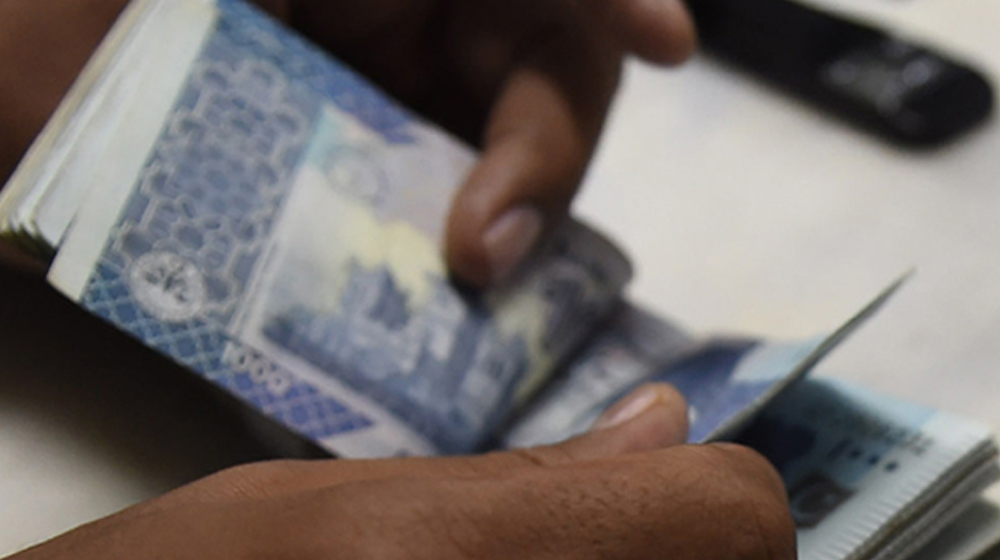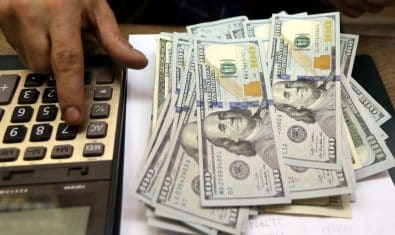Banks have a new target on their back. Instead of fighting inflation, the federal government has decided to tax higher on banks whose lending to the private sector falls below 50 percent of total deposits.
The feeling is the government wants riskier investments and quick returns, which has stirred a wave of concern within the banking sector. An Islamabad-based banker warned that the government may seek judicial interference to force the banking sector into this.
“The government wants to bank leverage and get a bigger chunk of the sector’s profits. Can FBR change the definition of law in this reference? If not, courts will be used to squeeze out the money. It will be short-term, but banks will punish them”, he said while talking to ProPakistani.
The government isn’t wrong to try something new today after seeing bad loans spike ever since the State Bank of Pakistan (SBP) increased its key interest rate to 22 percent last year. This led to a surge in defaults on loan repayments by businesses and households. Defaulters said sorry and refused to pay Rs. 60 billion; they just couldn’t.
Warning Signs
The effectiveness of this taxation strategy is a big concern. Banks facing higher taxes should they fail to meet the government’s lending targets may resort to returning deposits rather than risking further tax burdens.
The rationale behind the government’s move is to encourage banks to lend to riskier customers, rather than relying solely on risk-free earnings from lending to the government itself.
This could backfire, particularly impacting small and medium-sized enterprises (SMEs) that may struggle to thrive in the current economic climate under high-interest rates.
Furthermore, the tax scheme, categorized based on banks’ advance-to-deposit ratios (ADR), could lead to unintended consequences.
Economic analyst A H H Soomro told ProPakistani,
This is supposed to incentivise banks to lend but may or may not move the needle. The risk of provisioning is too high compared to additional taxation measures. The government should rather focus on reduced interest rates, widening tax base and increasing exports. Nevertheless banks are in a very good condition in terms of CAR, provisioning and coverage. The government should reduce taxation on SME and youth financing.
All the warning signs are there and the tax bracket is too harsh. Banks with ADRs below 40 percent face a 16 percent tax on income from government debt securities, while those with ADRs between 40-50 percent will be taxed at 10 percent. Banks exceeding a 50 percent ADR threshold will be exempt from this tax.
The reintroduction of this tax measure will force banks to limit high deposits from clients to meet ADR requirements but substantially hurt private sector lending. Interestingly, low deposits in December 2023 had pushed private sector advances higher, ensuring compliance with ADR requirements and exempting banks from the tax for 2022.
Instead of targeting a sector that pays roughly 50 percent tax on its annual profits, the government can instead divert attention towards reducing interest rates, broadening the tax base by moving deeper into agriculture and property, fostering export growth, and curbing inflation.






















govt want banking sector become pia and pakistan steel mill/ pakistan railway/ wapda.